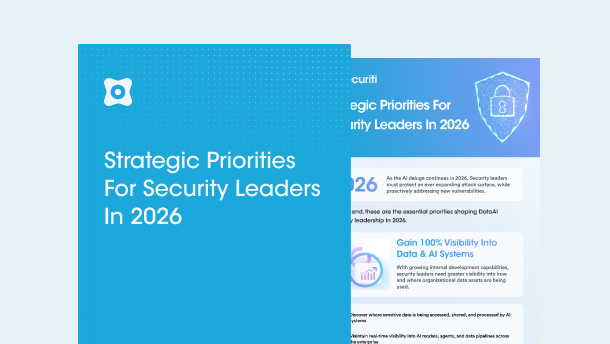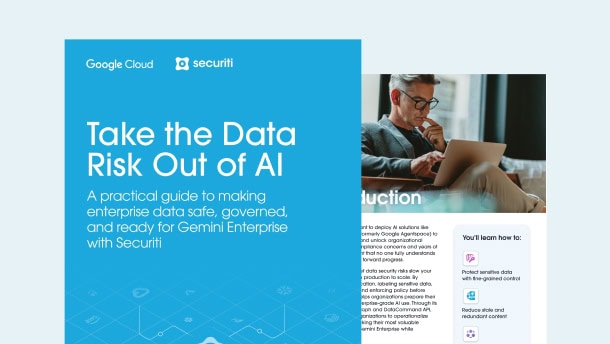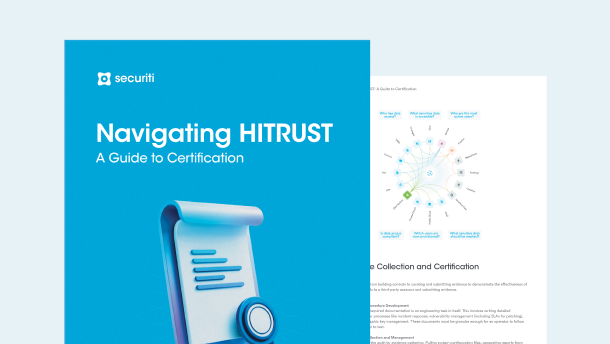Artificial Intelligence (AI) has rapidly evolved. Nearly 77% of devices in use feature some form of AI, which is expected to contribute $15.7 trillion to the global economy by 2030. This underscoring the critical need to manage AI risks is where the National Institute of Standards and Technology (NIST) AI Risk Management Framework (RMF) comes into action.
When deploying AI systems, a number of challenges must be overcome, such as legal compliance, data privacy, ethical issues, and security threats. Effective risk management is needed to address these issues and ensure AI systems are reliable, secure, and compliant with corporate objectives. The NIST AI RMF is designed with these considerations at its core and provides comprehensive guidelines to ensure the responsible and secure deployment of AI systems to manage AI risks.
By implementing the NIST AI RMF through an effective training module, organizations may systematically identify, assess, and minimize possible AI risks, fostering the secure development and deployment of reliable and ethical AI systems.
The Role of NIST AI RMF Training in Effective Implementation
Understanding the complexity and specifics of the NIST AI RMF requires adequate training, which gives teams a comprehensive understanding of the framework's best practices and guiding principles. This training is crucial to improving teams' capacity to use the framework successfully and ensures robust risk management practices are implemented to comply with evolving AI standards. NIST AI RMF training equips a range of stakeholders, including data scientists, AI developers, risk managers, and compliance officers, with the necessary skills and knowledge to unify secure practices across departments.
Benefits of NIST AI RMF Training for AI Deployment
NIST AI RMF training is crucial for the secure deployment of AI systems. Following are some of the benefits of the NIST AI RMF training:
Enhanced Risk Management
The training equips individuals across the organization with fundamentals when engaging with AI systems and strategies to effectively identify, assess, and mitigate AI-related risks. It also aids in the seamless incorporation of AI systems into existing workflows and processes.
Regulatory Compliance
It ensures AI systems comply with existing frameworks, laws, and standards, including the EU AI Act.
Improved System Reliability
The training equips personnel with the tools to develop transparent, accountable, and reliable AI applications that aren’t biased, or indulge in hallucination, etc.
Ethical AI Deployment
The NIST AI RMF comprises four distinct functions to help organizations ethically deploy AI systems. These functions—govern, map, measure, and manage are centered around managing risks to ensure the ethical deployment of AI systems.
Increased Trust
Undergoing extensive training modules builds confidence and trust among stakeholders that an organization’s AI systems are safe and reliable.
Cross-Functional Collaboration
Once training is complete, teams across various departments are aligned, facilitating easier collaboration and cooperation.
Proactive Resolving Vulnerability
The training assists organizations in identifying and resolving potential issues before they become concerning and potentially pose a risk to the AI system.
How to Implement the NIST AI RMF Training
Steps for implementing the NIST AI RMF training include:
Conduct a Needs Assessment
Determine the organization's particular training needs and knowledge gaps among personnel. Identify which departments and roles stand to gain from the training and invest resources accordingly.
Design the Training Program
Prepare a curriculum that is structured and covers the core aspects of NIST AI RMF. Establish precise, quantifiable learning goals for the course. To accommodate different learning styles, combine webinars, online courses, in-person seminars, and self-paced learning to keep all stakeholders engaged.
Engage Expert Instructors
Engage with industry experts and training instructors who are knowledgeable in AI risk management and NIST standards.
Develop Training Materials
Introduce comprehensive modules that include case studies, practical applications, and NIST AI RMF core concepts.
Pilot the Training Program
Conduct a pilot session with a small group to gather feedback and make adjustments according to the organization’s needs.
Update Training Material
Update the training materials to reflect the most recent NIST recommendations and developments.
In a nutshell, NIST AI RMF training is crucial for your AI deployment because it ensures a robust framework for risk management, encourages ethical and reliable AI practices, and improves departmental teamwork and consistency, all of which lead to more responsible and successful AI deployment.
How Securiti Can Help
Securiti’s Data Command Center enables organizations to comply with the NIST AI RMF by securing the organization’s data, enabling organizations to maximize data value, and fulfilling an organization’s obligations around data security, data privacy, data governance, and compliance.
Organizations can overcome hyperscale data environment challenges by delivering unified intelligence and controls for data across public clouds, data clouds, and SaaS, enabling organizations to swiftly comply with privacy, security, governance, and compliance requirements.
Request a demo to witness Securiti in action.












































